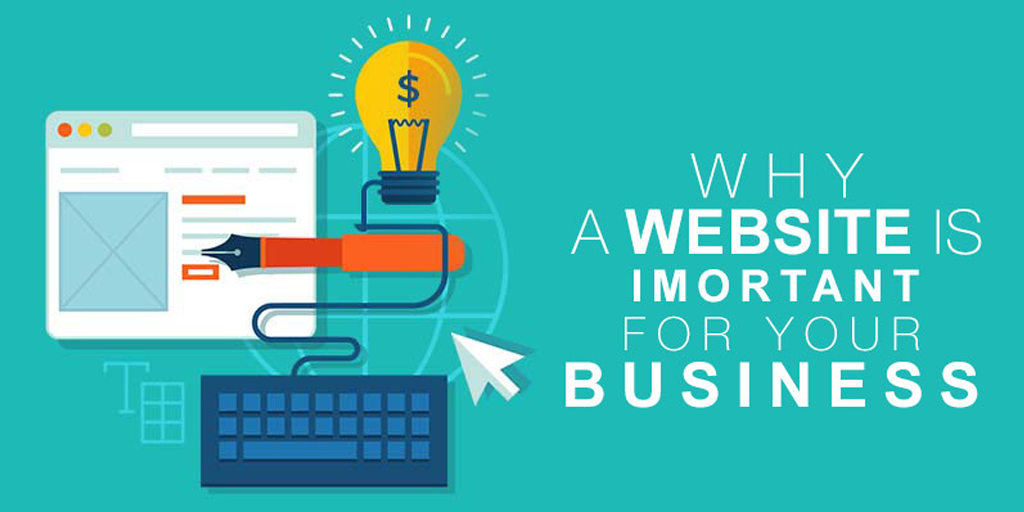Integration of AI and Technology in Healthcare: Revolutionizing Drug Development
In the ever-evolving landscape of healthcare, the integration of AI and technology has become a game-changer, particularly in the field of drug development and treatment discovery. AI development solutions are shaping the future of medicine, offering new hope for patients and speeding up the process of bringing life-saving drugs to market. In this blog, we’ll explore how AI is helping us develop new drugs and treatments, making complex concepts easy to understand even for a 5th grader.
Understanding the Role of AI in Drug Development
Before diving into the impact of AI on drug development, let’s grasp the basics. AI, or artificial intelligence, is a technology that enables machines to perform tasks that typically require human intelligence. When it comes to healthcare, AI is being harnessed to process vast amounts of data, make predictions, and assist in decision-making.
In drug development, AI takes on several essential roles:
1. Data Analysis and Processing
Imagine a giant puzzle with billions of pieces. This is similar to the vast amount of data generated in healthcare research. AI helps researchers by sorting, organising, and analysing this data swiftly and accurately. It identifies patterns, trends, and potential drug candidates that would be challenging for humans to discover on their own.
2. Drug Discovery and Design
AI-powered algorithms are like super-smart scientists in a digital lab. They predict how different compounds will behave and which ones have the potential to become effective drugs. This speeds up the drug discovery process significantly.
3. Personalised Medicine
Each person is unique, and so are their health needs. AI can analyse a patient’s genetic makeup and medical history to tailor treatments specifically for them. This personalised approach increases treatment effectiveness and reduces side effects.
The Benefits of AI in Drug Development
Now that we understand AI’s role, let’s explore the benefits it brings to drug development and treatment discovery.
1. Speed
AI can process data and perform experiments much faster than humans. This accelerates the development timeline, bringing new treatments to patients sooner.
2. Accuracy
AI doesn’t get tired or make human errors. Its precision ensures that drug candidates are thoroughly analysed, reducing the risk of overlooking potential breakthroughs.
3. Cost Efficiency
Traditional drug development is expensive. AI reduces costs by optimizing research processes and reducing the need for expensive, time-consuming experiments.
4. Drug repurposing
AI can identify existing drugs that could be repurposed to treat different conditions. This saves time and resources, as these drugs have already passed safety tests.
5. Predicting Patient Outcomes
By analyzing patient data, AI can predict how individuals will respond to treatments. This helps doctors choose the most effective therapies, improving patient outcomes.
Real-World Examples of AI in Drug Development
Let’s look at some real-world examples that showcase how AI is transforming drug development:
1. IBM’s Watson for Drug Discovery
IBM’s Watson, a famous AI system, is being used to sift through massive amounts of medical literature, research papers, and clinical trial data. It helps researchers find relevant information and identify potential drug candidates faster than ever before.
2. Deep Genomics
Deep Genomics employs deep learning algorithms to analyse genetic data and discover new therapeutic targets. This AI-driven approach has the potential to revolutionise how we treat genetic diseases.
3. Atomwise
Atomwise uses AI to simulate how different compounds interact with target proteins. This virtual screening process accelerates drug discovery and has led to the identification of promising treatments for various diseases.
Challenges and Ethical Considerations
While AI offers tremendous promise, it also presents challenges and ethical considerations. It’s crucial to address these issues as we embrace AI in drug development:
Data Privacy
Handling vast amounts of patient data raises concerns about privacy and data security. Protecting patients’ sensitive information is paramount.
Bias in AI Algorithms
AI algorithms can inherit biases present in the data they are trained on. Ensuring fairness and equity in healthcare AI systems is essential.
Regulatory Hurdles
Regulatory agencies must adapt to the rapid advancements in AI and establish guidelines for AI-driven drug development processes.
Conclusion: A Bright Future Ahead
In conclusion, the integration of AI and technology in healthcare, particularly in drug development, is transforming the industry. AI development solutions are enabling us to discover new drugs and treatments faster, more accurately, and at a lower cost. This technology brings hope to patients and has the potential to revolutionize medicine as we know it.
As we continue to navigate the complexities of AI in healthcare, it’s essential to prioritize data privacy, address biases, and work closely with regulatory bodies. By doing so, we can ensure that AI development solutions continue to drive innovation while maintaining the highest ethical standards.
The future of medicine is bright, thanks to the powerful partnership between AI and healthcare. With each breakthrough, we move one step closer to a world where diseases are better understood, treatments are more effective, and patients experience improved quality of life. As we harness the full potential of AI, the possibilities are limitless and the benefits immeasurable.












Post Comment